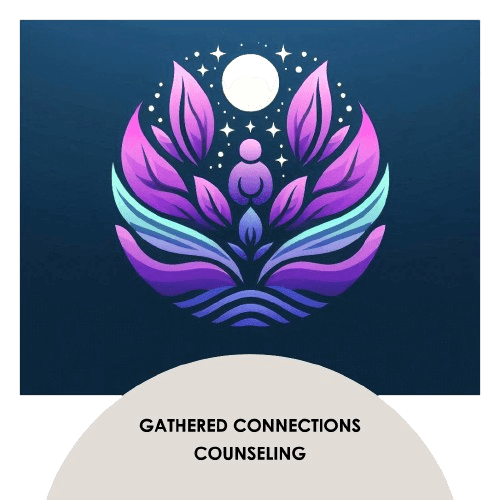Tailored Support for Your Well-Being
As your dedicated guide, I offer a range of services, including trauma-focused, mindfulness-based, and cognitive behavioral therapy. Together, we navigate your unique journey towards healing and personal growth.
Psychotherapy & Specialized Counseling
Introducing NARM Therapy in The Practice
What is the NeuroAffective Relational Model (NARM)?
I am excited to incorporate the NeuroAffective Relational Model (NARM) into my practice. NARM is a pioneering approach to resolving complex trauma, focusing on the interplay between our nervous system, emotions, and relationships. Unlike traditional treatments that primarily aim to reduce symptoms, NARM delves into relational and early attachment trauma, promoting deep, lasting healing and personal growth.
Key Aspects of NARM
Somatic Awareness and Embodiment: Recognizing that trauma is stored in our minds, bodies, and memories, NARM encourages attention to bodily sensations, emotions, and behaviors, facilitating profound healing and release of stored trauma.
Complex Trauma Recognition: NARM understands the complexities of developmental trauma, particularly its impact on the nervous system and relational patterns during critical developmental stages.
Relational Healing: Emphasizing the importance of therapeutic relationships, NARM addresses disruptions in early attachment and fosters healthier relational dynamics.
Mind, Body, and Emotion Integration: NARM supports a deeper understanding of the mind-body connection, integrating cognitive, physical, and emotional experiences in the healing process.
Empowering Tools: Offering tools for enhanced emotional regulation, self-awareness, and authentic communication, NARM equips individuals to navigate and transform patterns of dysregulation.
Holistic Approach: NARM adopts a comprehensive view of trauma, addressing underlying causes of distress rather than just managing symptoms, and considers all aspects of an individual's experience.
Good Faith Estimate
You have the right to receive a “Good Faith Estimate” explaining how much your medical care will cost.
Under the law, health care providers need to give patients who don’t have insurance or who are not using insurance an estimate of the bill for medical items and services.
- You have the right to receive a Good Faith Estimate for the total expected cost of any non-emergency items or services. This includes related costs like medical tests, prescription drugs, equipment, and hospital fees.
- Make sure your health care provider gives you a Good Faith Estimate in writing at least 1 business day before your medical service or item. You can also ask your health care provider, and any other provider you choose, for a Good Faith Estimate before you schedule an item or service.
- If you receive a bill that is at least $400 more than your Good Faith Estimate, you can dispute the bill.
- Make sure to save a copy or picture of your Good Faith Estimate. For questions or more information about your right to a Good Faith Estimate, visit www.cms.gov/nosurprises or call 800-985-3059.
Reach Out Today!
Please complete the form below to schedule an appointment.
I will try my best to accommodate your request and will be in touch ASAP.
